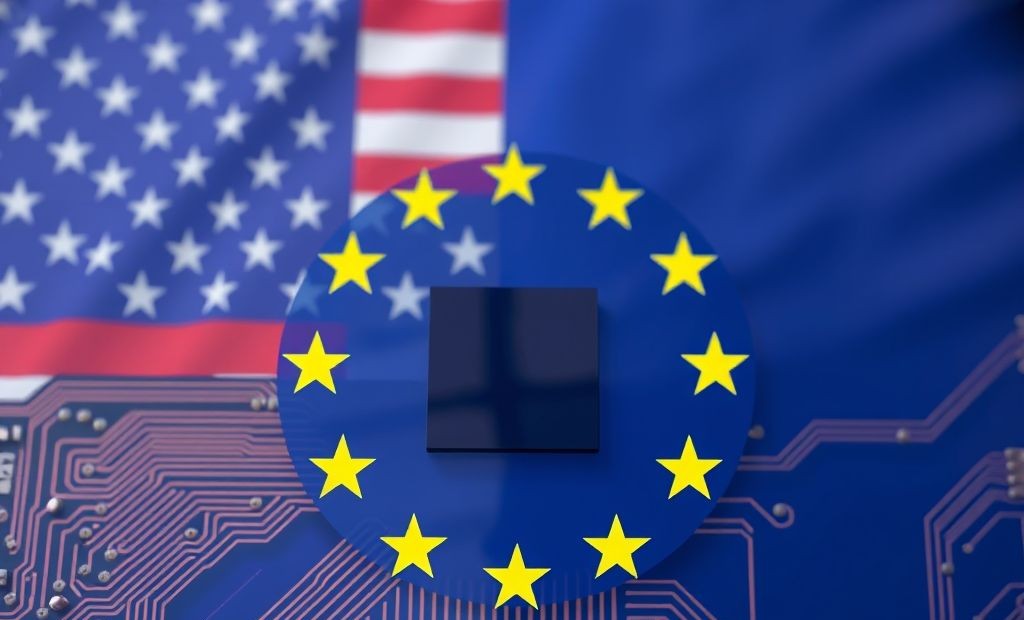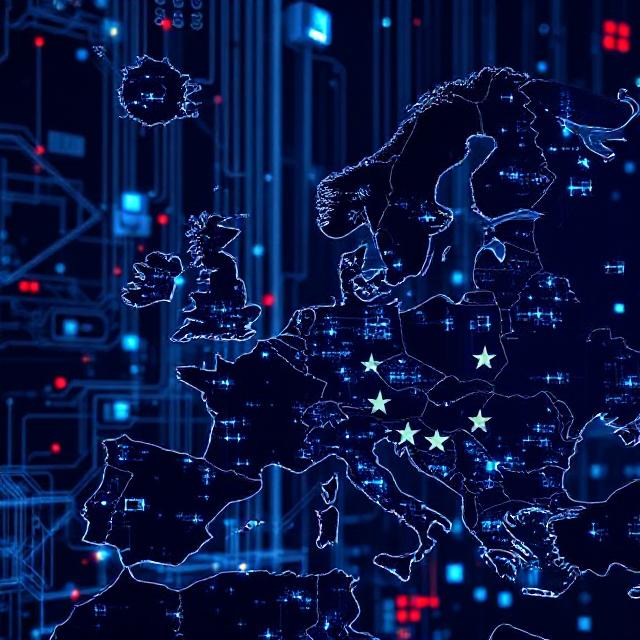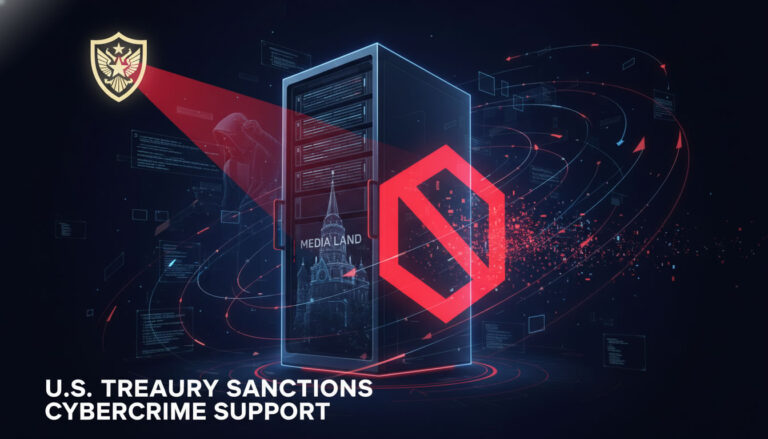EU’s Tech Reliance on US: A Growing Concern

Europe’s Tech Dependence: Is the EU Too Reliant on the US? European leaders now warn that dependence on American cloud and AI platforms threatens digital...
⏱️ Estimated reading time: 4 min
Latest News
Europe’s Tech Dependence: Is the EU Too Reliant on the US?
European leaders now warn that dependence on American cloud and AI platforms threatens digital sovereignty and economic competitiveness.
🌐 Growing Concern
First, U.S. cloud giants—Amazon, Microsoft, and Google—control over two-thirds of Europe’s cloud market. That gives them power over critical public and private data reddit.com Then, laws like the U.S. CLOUD Act allow access to data even if stored in Europe sovereignmagazine.com
Moreover, in AI, Europe lags far behind. U.S. companies like OpenAI and Anthropic lead the field, while European efforts remain small-scale politico.eu Even top European nations rely on U.S. operating systems, smartphones, and software dnyuz.com
⚙️ The EuroStack Vision
Europe is pushing hard for digital sovereignty. It proposes a “EuroStack”—a stack of infrastructure, cloud, and AI built with European-made microchips, cloud platforms, digital identity and AI systems eandtmagazine.org
Projects like Gaia‑X, EUCloud, and sovereign regional clouds in Germany and Spain promote privacy-focused, local control over data and tech dnyuz.comPlus, over 600 European cloud providers joined Gaia‑X, with EU investment in cloud and semiconductors jumping 40% to €45 billion from 2023 to 2025 reddit.com
🛡️ Calls to Action
- Governments pressure public sector to buy European tech instead of U.S. alternatives reddit.com
- Over 100 European tech companies urge an EU “Buy European” law and a €100 billion sovereign tech fund reddit.com.
- The Netherlands parliament passed motions to launch a national cloud to reduce U.S. dependency—citing Trump-era risks reddit.com.
Experts, however, warn Europe can’t cut ties entirely. The EU’s draft strategy says “decoupling is unrealistic”—but does advocate for strategic cooperation alongside autonomy politico.eu

⚖️ Why It Matters
Dependence on U.S. tech means Europe could lose control over critical infrastructure during geopolitical tensions. For instance, the CLOUD Act and U.S. export restrictions can undermine European data and security sovereignty . Meanwhile, faster U.S. investment—like its $500 billion AI hardware plan—outpaces the EU‘s €200 billion initiative sovereignmagazine.com
✅ The Road Ahead
Europe plans to scale its digital infrastructure by:
- Funding high-performance computing sites (€2 billion so far) reddit.com
- Federating sovereign clouds and open-source tools like LibreOffice and France’s “digital suite” reddit.com.
- Using procurement mandates to boost European vendors.
- Building AI hubs tied to strategic sectors like health and climate .
Still, Europe must address fragmented markets, limited funding, and regulatory complexity that slow its progress foreignpolicy.com
📌 Bottom Line
Europe’s tech dependence on the U.S. spans cloud, AI, software, and semiconductors. Leaders are responding with a strategic push: a sovereign EuroStack, big funding, and policy action. Yet, achieving true autonomy will require bold investments, unified strategies, and time.
Let me know if you’d like me to include a link, infographic, or delve deeper into specific technologies!
The Roots of Reliance
Several factors contribute to Europe’s dependence on US tech.
- Market Dominance: US tech giants like Google, Amazon, and Microsoft hold significant market share in crucial areas.
- Investment and Innovation: The US has historically invested heavily in research and development, leading to groundbreaking innovations that European companies often adopt.
- Scalability: US tech companies offer highly scalable solutions, often at competitive prices, making them attractive to European businesses.
Concerns and Implications
This reliance raises several critical concerns for European leaders:
- Digital Sovereignty: A high level of dependence on foreign technology can compromise Europe’s ability to control its digital infrastructure and data.
- Economic Competitiveness: European companies might struggle to compete with US tech giants that benefit from economies of scale and established ecosystems.
- Data Privacy and Security: Data stored and processed by US companies are subject to US laws, which may conflict with European data protection regulations like GDPR.
Seeking Solutions: Strategies for Change
European leaders are actively exploring strategies to reduce their dependence on US tech and foster a more competitive European tech sector. These strategies include:
- Investing in European Tech: Increased funding for research and development, startups, and scale-ups in strategic technology areas.
- Promoting European Standards: Developing and promoting European standards for data privacy, security, and interoperability.
- Fostering Collaboration: Encouraging collaboration between European companies, research institutions, and governments.
- Strengthening Regulatory Frameworks: Implementing regulations that promote fair competition and prevent anti-competitive practices by dominant tech companies.
Related Posts
Bluesky Enhances Moderation for Transparency, Better Tracking
Bluesky Updates Moderation Policies for Enhanced Transparency Bluesky, the decentralized social network aiming to compete...
December 11, 2025

Google Maps: Gemini Tips, EV Charger Predictions & More!
Google Maps Gets Smarter: Gemini Tips & EV Updates Google Maps is enhancing user experience...
December 9, 2025

US, UK, Australia Sanction Russian Web Host
Crackdown on Russian ‘Bulletproof’ Web Host The United States, United Kingdom, and Australia have jointly...
December 6, 2025











Leave a Reply